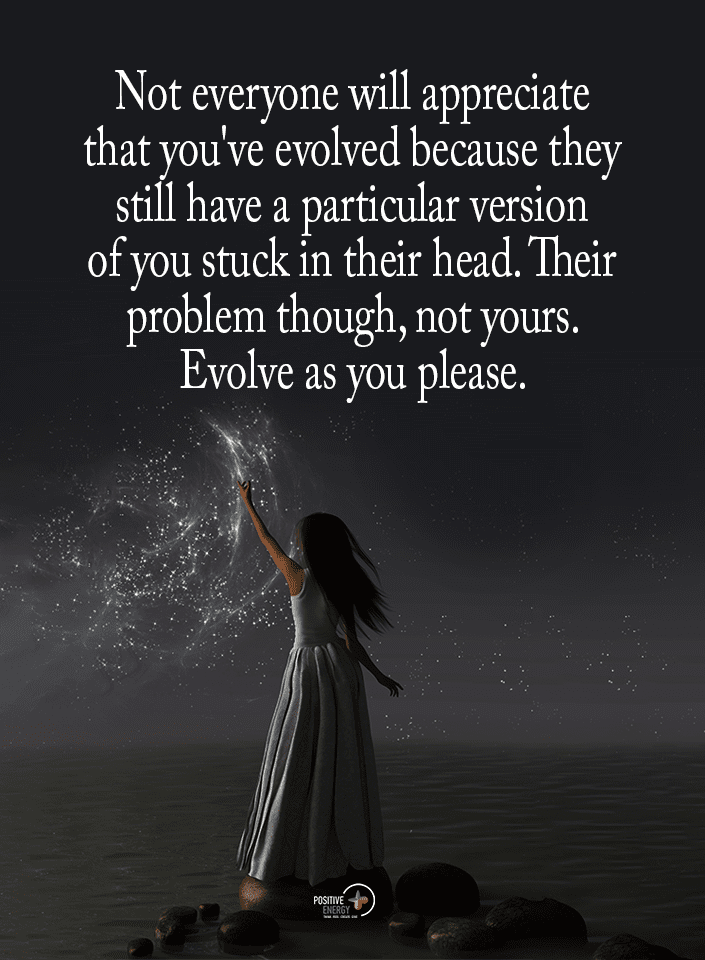Groupthink is a sociological and psychological phenomenon that affects everyone’s daily life. It appears when people decide based on the desire of the group to fit in. Most of the time, groupthink is not based on logical choices but often on biases. As a result, people don’t even realize they are adhering to such a method of thinking.
It happens irrationally as a survival mechanism. Maybe this doesn’t seem like such an awful thing, but it can be dangerous. Giving up your desires and beliefs is easy if you practice groupthink. It might seem a good idea to please people and go with what everyone wants. But the dangers aren’t just to your values. It’s not just your moral code you poison when doing it. It’s also your mental and psychological well-being that ends up affected.
Have you ever stayed silent while a decision was made because you didn’t want to be left out? Maybe you did it even when the decision wasn’t advantageous to you at all. For example, at some point, you might have agreed to go on a trip you never wanted to go on so that you wouldn’t be left behind. Or maybe you decided to promote someone even when you didn’t agree. These are just a few examples of when people have given in to groupthink.
If you are reading this and thinking that you could never end up like this, think again. You have surely done something along these lines without realizing the decision wasn’t yours. But if you want to understand the danger of groupthink, keep reading.
What is Groupthink?
As mentioned, groupthink happens when people adhere to the group’s mentality and decision-making to fit it. But, the desire to fit in must be greater than the desire to speak your mind, critique a position, or express an unpopular opinion. When people aren’t afraid of losing the group’s acceptance, groupthink might not happen. In that case, they might feel confident enough to express their opinions.

Even then, groupthink might appear as people find it easier to go with the group’s proposal. One very famous example of groupthink is the Challenger Space Shuttle disaster. This was a fatal accident, as the space shuttle broke apart merely 73 seconds after take-off. All seven crew members aboard perished. So, how is this an example of groupthink? All the engineers working on the project knew there were faulty parts. But no one said anything because they were trying to avoid bad press.
Even the engineers who wanted to speak up stayed silent because they didn’t want to face any backlash. If it weren’t for groupthink, none of this would have happened. It would have been enough for one person to speak up, and none of this would have happened. And there are many different examples of the dangers of groupthink in history. This all goes to show that you should never count on others. You should always base your decisions on logical thinking.
Groupthink doesn’t happen in all social contexts, but some factors can increase its likelihood. For once, having a strong and persuasive group leader is a determinant. One typical example of this is in the workplace. Most people blindly follow their boss or team leader, even when disagreeing. But that’s more because they could face material consequences if they don’t. Another factor that could lead to groupthink is a high level of cohesion.
If you have a strongly bonded group of friends, you might be inclined to go with what everyone else thinks. Maybe you don’t want to go to a particular coffee shop, but you won’t say anything so that you don’t create discomfort. You’ll give up on your wishes because you fear speaking up will develop issues. Lastly, peer pressure is something that almost always leads to groupthink.
You’ve almost certainly been at a party when you were young and drank because everyone else wanted you to. Or maybe you bought some shoes just because your friends all had them and you felt you needed them too. Looking at all three of these factors, you notice some similarities. People fall for groupthink because of fear and a desire to fit in. But what are some dangers of groupthink that are less known, and how to avoid them?
3 Dangers of Groupthink To Never Ignore
Don’t fall into the trap–watch for these three red flags.
1. It Creates Biases
The problem with tight-knit groups is that they often develop what’s known as a group identity. In some cases, that regards the moral code of the individuals. Sometimes it’s about likes and hobbies. It can even go as far as having a group style and image, with people having the same aesthetics. But, no matter what that identity is, one thing is clear. To keep that identity intact, members must ensure everyone acts accordingly.
No one can dress differently, as that would disrupt the identity. But how can a group make sure no one chooses to be different? Often, it’s by creating biases. As you know, a bias is a tendency or prejudice towards something or someone. People need some biases that can act as a rule of thumb to navigate life. For example, people are biased toward doing good. When you ask them why they’ll probably just say that being good is the right thing to do.
Most people simply believe that without being able to explain it through philosophical or moral arguments. But biases can quickly become worse. Groupthink can easily instill negative beliefs into your head without giving you an explanation for them. For example, a group of bankers is likely to believe they are superior to accountants. If they ask them why they’ll tell you it’s because they are better and give you no other reason. If you fall victim to groupthink, you’ll quickly develop toxic biases affecting your logical thinking.
2. It Affects Decision-Making
Having biases is something that will affect how you think and decide. But that’s not the only thing that will affect your decision-making skills. For example, one of the worst things about groupthink is that it creates an idea that there’s no right call other than the group decision. Not only that, but it instills fear into the members.
There’s always a lot of pressure to support the group and prove yourself worthy of being in the group. And the consequences of speaking up are clear. You say something against the grain and are out of the group. All these things can lead to self-censorship. It starts with small concessions until it grows into full-blown sacrifices. Finally, you’ll begin to ignore what you want or think and blindly follow whatever everyone else says.
But that might not even need to be the case. If you care for and respect the people in the group, you’ll believe them blindly. You won’t feel inclined to double-check if they tell you a lie. You’ll end up having incomplete or false information. It’s not hard to see how groupthink will lead to bad decision-making.

3. It Creates a False Sense of Unity
The last known issue with groupthink is that it can create a false sense of unity between the members. For example, say your group has to decide, and the leader proposes something. A few others agree with them. Maybe you aren’t pleased with the idea, but you go with it because everyone else is going ahead.
You want to see the team happy, so you go for it. In that case, they’ll think you’ve got their back when in reality, you’re just approving for the sake of it. But imagine if the roles were reversed. If you proposed something and everyone else agreed just for the sake of it. You’ll believe everyone has your back when that’s not the case.
The issue with having a false sense of unity is that it leads you to put your trust in the wrong people. You might think you can count on them, but they’ll likely just let you down. Plus, all the projects and ideas the group does will unavoidably have cracks. When not everyone is enthusiastically on board with an idea, they won’t work as hard as they could.
How to Avoid Groupthink
The first step is to know and identify the previously discussed signs. Then, whenever you are in a group, make a mental checklist of your wants, needs, and values. If the group is about to make a decision, remember that list. Always appeal to your logic instead of relying on someone else’s. Also, speak up whenever you feel it’s necessary. Finally, don’t start fights with people left and right. Be respectful but firm.
If the group doesn’t agree and they explain why they don’t logically, that’s when you can make a concession. Otherwise, stay firm and fight for your beliefs. Make sure you do the same even when it comes to your friend groups. And always remember that having your ideas is nothing to be ashamed of. If the group marginalizes you because of that, it’s a sign you don’t need them. Those aren’t the kind of people you need as friends or co-workers.
Final Thoughts on Dangers of Groupthink to Never Ignore
Everyone will fall victim to groupthink at some point in their life. In all honesty, all groups experience some level of groupthink. When you spend so much time with the same people, it’s normal to develop similar thinking patterns. But that doesn’t mean you should ever feel pressured or coerced to make decisions based on the group’s wants.
Nor should you ever let them implant biases into your mind. You should always do what you think is right. Even when you have to compromise, you should still make your thoughts heard. Groupthink is dangerous because it creates biases and alters decision-making skills. Plus, it creates a false sense of unity, making you count on the wrong people. It can make you feel scared and stressed and affect your logical thinking. If you want to avoid that, always remember to think freely and speak your mind.



















